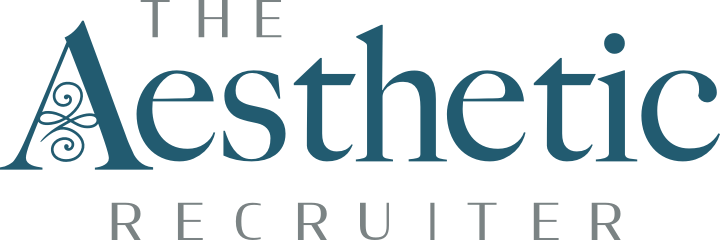Insights
Focused perspectives providing a path to success that works for you
March 6, 2023
How to Stand Out During a Job Interview: Think of It As a Performance
Have you ever walked away from a job interview and just felt a bit… “meh”?
It’s not that something went terribly wrong. You dutifully answered all the questions and carefully outlined your work experience and why it makes you an ideal candidate for the role.
But you’re not certain you did or said anything to “wow” them. In fact, you realize with a sigh, you’re pretty sure they forgot your name the moment the door closed behind you.
If you want to stand out from your fellow candidates at a job interview, it’s time to start thinking about the entire process as a performance.
Here are six simple steps to ensure you make a lasting — and positive — impression during an interview.
1. Dress to Impress
A killer outfit won’t seal the deal, but it will make you easily identifiable.
Imagine that your prospective employer interviews 20 people. 10 of them are quickly deemed unsuitable for the role and will be rejected at the first hurdle.
Of the remaining 10 candidates, all of whom are highly qualified and performed well at the interview, only five can be invited back for a second round.
Interviewer 1: Ok, let’s start with Sophie. Does she make the final cut?
Interviewer 2: Which one was Sophie again? Red blazer? By the way my Red Blazer was always my go jacket to for interviews. I called it my power blazer and knew it would get me remembered!
Interviewer 1: Yep, that’s the one.
Interviewer 2: Yes, she was great — invite her back!
Don’t you wish you were Sophie in the bright red blazer rather than Jane in the grey one?
Dressing to impress doesn’t mean going overboard, but it is an opportunity to showcase a snippet of your personality and stand out from the crowd. Consider a colorful jacket, a patterned tie, or an unusual accessory.
2. Tell Stories
In the same way that Sophie’s red blazer was more memorable than Jane’s grey one, stories stick better than a list of achievements.
Since the dawn of time, human beings have devoured stories — we’re hardwired to engage with them, more likely to retain the information shared, and can’t help but identify and empathize with their protagonists.
Not only is storytelling a more natural and fluid way to communicate at an interview, but it provides you with an opportunity to express your passion and enthusiasm for the work you’ve done so far and the role you hope to secure.
3. Know Everything There Is to Know About the Company
It should go without saying that you’ll attend an interview ready to discuss your experiences, your achievements, and the reasons you want the job.
But a candidate who goes one step further by demonstrating in-depth knowledge of the organization and its culture will be best-remembered. Try to weave some details about your prospective employer into every question, whether it’s projects they’re working on, specific programs they use, or referencing specific elements of the company’s culture. For example, if you led a sustainability initiative in a former role, acknowledge the work the hiring organization is doing in this space and express your enthusiasm for getting involved.
If you want to really dazzle your interviewer(s), take some extra time to read up on their career to date and key contributions they’ve made to the hiring organization. Your research will provide you with some additional reference points and may even reveal a shared passion or two.
4. Be Charming from the Moment You Walk Through the Door
Leading organizations are committed to fostering a positive, collaborative, and inclusive workplace culture, which means hiring nice — as well as competent — people.
As hiring processes become increasingly collaborative, you should assume your behavior and mannerisms are being assessed from the moment you arrive for an interview. Think carefully about how you conduct yourself with the security staff, the receptionist at the front desk, and your interviewer’s personal assistant. Feedback on your behavior, whether good or bad, will likely make its way back to the hiring manager.
5. Ask Unique Questions
The questions you ask at the end of an interview are a good indicator of your commitment to the role. It’s yet another opportunity to demonstrate an interest in learning more about the organization and the role you might fulfill there.
Consider asking questions that explore how your skillset would be applied, what you would be expected to contribute in the early months of your employment, and specific ongoing projects at the hiring organization.
You might also like to ask your interviewer(s) some questions about their experience. What do they like and dislike about their current role? How would they describe the workplace culture?
6. Send a Thank You Note
Lots of candidates send a follow-up email to say thank you for their interviewer’s time. But few will go to the trouble of sending a handwritten note. It’s old-fashioned, and it’s a little extra effort, but it’s a nice gesture that is sure to get you noticed.
Image Credit: tsyhun / Shutterstock.com
